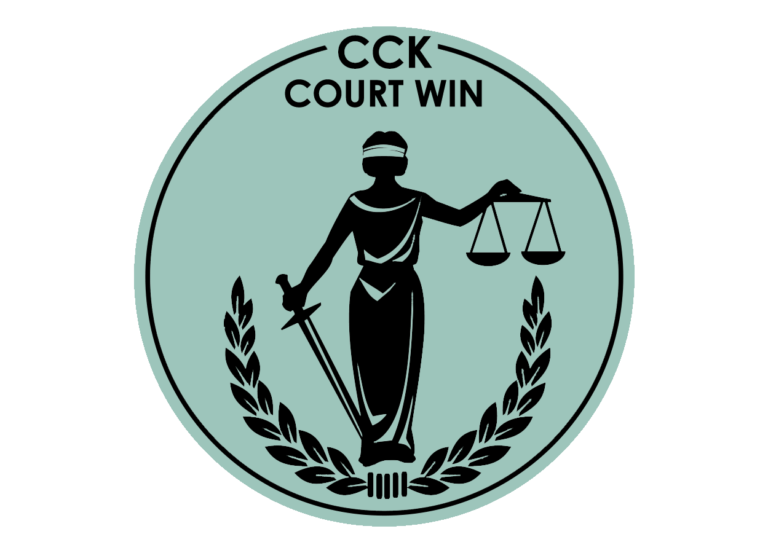Denial of Sinusitis Disability Lacked Adequate Reasons or Bases

Summary
The Veteran served on active duty in the United States Army from 1964 to 1968. During service, he experienced episodes of sinusitis, a condition in which the sinuses become inflamed. He filed a claim for service connection for sinusitis in 2006, and the Regional Office (RO) granted service connection and assigned a 10% disability rating. The Veteran disagreed with the assigned rating, asserting that he could not use his CPAP machine for his service-connected sleep apnea when he experienced sinusitis episodes. This caused him to miss work occasionally due to fatigue, and also resulted in panic attacks and depression. During the course of the appeal, the Regional Office granted a 50% rating effective October 2015, but denied a rating higher than 10% prior to that date.
Board denied increased rating for sinusitis disability prior to October 2015
In January 2017, the Board of Veterans’ Appeals granted an increased rating of 30% for the Veteran’s sinusitis disability from October 2006 to October 2015. However, the Board denied a rating in excess of 30%, including on an extraschedular basis, and refused to consider his symptoms of panic attacks, depression, elevated blood pressure, and inability to use his CPAP machine during sinusitis episodes.
CCK appeals to the Court
CCK successfully appealed to the Court of Appeals for Veterans Claims (CAVC) the denial of an increased rating for the Veteran’s service-connected sinusitis disability prior to October 2015 on an extraschedular basis.
CAVC agrees with CCK’s arguments
CCK argued, and the Court agreed, that the Board erred in failing to refer the Veteran’s claim for extraschedular consideration because it did not account for his symptoms of mood impairments, panic attacks, depression, and inability to use his CPAP machine. These symptoms are not contemplated by the rating schedule. The Court held that the Board’s decision was internally inconsistent in that it determined that the Veteran’s symptoms were not part of the rating criteria, but denied referral for extraschedular consideration because it also determined that his symptoms were contemplated by the rating criteria by which he was rated.
On remand, the Board must clarify its decision and conduct the proper extraschedular analysis.
About the Author
Share this Post
